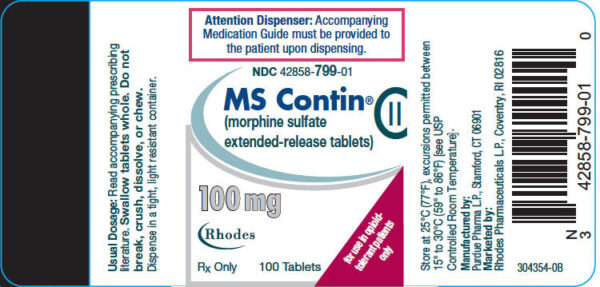Description
Aspirin
Introduction
Aspirin, also known as acetylsalicylic acid (ASA), is a medication commonly to relieve pain, reduce inflammation, and reduce the risk of blood clots. It was first synthesized in 1853 by German chemist Heinrich Dreser. Since then, aspirin has become one of the most widely used over-the-counter medications in the world.
Mechanism of Action
Aspirin works by inhibiting the activity of an enzyme called cyclooxygenase (COX), which involved in the production of substances known as prostaglandins. Prostaglandins are responsible for various physiological processes, including pain and inflammation. By suppressing the activity of COX, aspirin reduces the production of prostaglandins, thereby alleviating the symptoms associated with inflammation and pain.
Uses
Aspirin is commonly to relieve pain associated with headaches, muscle aches, arthritis, and other musculoskeletal conditions. It is also effective in reducing fever and is commonly to treat minor infections. Additionally, aspirin is often to reduce the risk of blood clots, especially in individuals who are at an increased risk of developing cardiovascular diseases.
Side Effects
While aspirin is generally safe when taken as directed, it can have certain side effects. Common side effects include indigestion, nausea, and abdominal pain. In some individuals, aspirin may cause allergic reactions, characterized by symptoms such as hives, difficulty breathing, and swelling of the face and lips. It is important to consult with a healthcare professional before starting aspirin therapy, especially if you have any underlying medical conditions or are taking other medications.
Dosage and Administration
The appropriate dosage of aspirin varies depending on the indication and the individual’s specific needs. For pain relief, the recommended adult dosage is 325 milligrams (mg) to 650 mg every four to six hours as needed. For reducing fever, the recommended dosage is 81 mg to 325 mg every four to six hours. It is important to adhere to the prescribed dosage and not exceed the maximum recommended daily dose of 4,000 mg per day.
Conclusion
Aspirin is a widely medication that has proven effective for various indications, including pain relief, inflammation, and reducing the risk of blood clots. While it has its benefits, it is important to use aspirin responsibly and consult with a healthcare professional before starting therapy. By taking appropriate precautions and following dosage instructions, individuals can benefit from the therapeutic effects of aspirin while minimizing the risk of side effects.










Reviews
There are no reviews yet